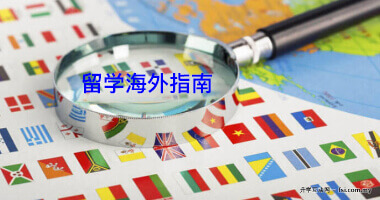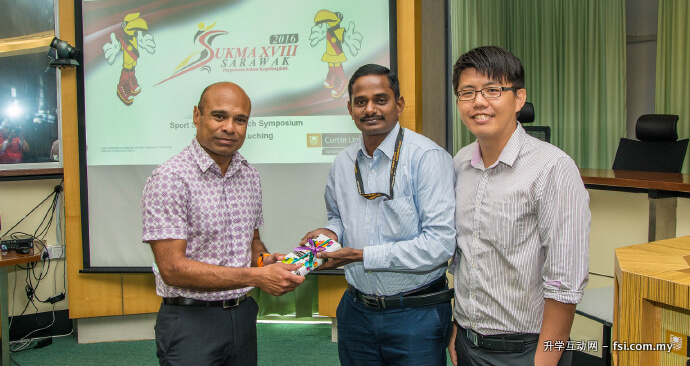Miri – 28 April 2017 – All courses offered by Curtin University, whether at its main campus in Perth, Australia or its international campuses in Malaysia and Singapore, benefit from the input of industry experts in their development and delivery.
Combining theory with practical study and often incorporating relevant industry placements, the courses are closely linked with industry, taking students beyond the classroom and into the real world.
It is through such industry engagement and partnerships that Curtin University ensures the quality of the education and research it provides, as well as their relevance to industry needs and developments, resulting in it being consistently rated among the world’s top universities in rankings such as the Academic Ranking of World Universities (ARWU), QS World University Rankings and the QS Stars and Times Higher Education (THE) rankings.
Curtin is ranked in the top two per cent of universities worldwide in the ARWU, and in 2016, was estimated to be positioned at 211th in the world and 10th in Australia.
At Curtin University, Malaysia (Curtin Malaysia), Curtin University’s largest international campus, industry input is garnered through Industry Advisory Committees (IAC) comprising representatives of relevant industries at each of its faculties.
The campus’ Faculty of Engineering and Science recently held the first meeting of its Environmental Engineering IAC for the year to review and seek feedback on its environmental engineering programme.
It was attended by IAC members Ir. Brian Chong Sin Hian, Senior Director of Chemsain Konsultant; Dr. Tie Yiu Liong, Managing Director of Ecosol Consultancy; Ir. A.K. Woo, Managing Director of Master Jaya Environmental, Mohamed Nasir bin Wan Idrus, Director of Bamboo Bio Composites, and Marina Michael, Environmental Manager of Sarawak Shell Berhad. Also attending was Professor Ir. Lau Hieng Ho, Dean of Curtin Malaysia’s Faculty of Engineering and Science; Environmental Engineering Programme Coordinator Dr. John Lau Sie Yon and other members of the Environmental Engineering Programme team.
During the meeting, Dr. Lau briefed the IAC on the latest developments at the Faculty of Engineering and Science as well as in its environmental engineering programme.
According to Dr. Lau, the environmental engineering programme team was very honoured to engage in dialogue with the industry experts, who gave pertinent feedback on aspects of the programme such as its curriculum, objectives and outcomes, and course structure.
“The IAC meetings are an excellent platform to link our academics with industry practitioners. The interaction, and the ideas and suggestions generated, bring direct impact to the curriculum design and help us customise our environmental engineering programme to suit industry needs. Armed with industry-relevant degrees, our graduates can hit the ground running when they join industry,” said Dr. Lau.
He added that such formal engagement will enable more practical and solid industrial collaboration, and the meetings are also an opportunity for the academics and industry experts to discuss the latest developments in education and industry.
Dr. Muhammad Ekhlasur Rahman, Head of the Department of Civil and Construction Engineering, under which the environmental engineering programme is parked, agreed that it was a privilege for the academics to interact with such a distinguished panel of experts.
“They can give us a very broad insight into the environmental engineering industry and we will continue to seek their expert advice to enhance our programme and enrich the learning experience of our students,” Dr. Muhammad remarked.
Following the meeting, the IAC members were given a tour of Curtin Malaysia’s new RM20 million Faculty of Engineering and Science Building which houses state-of-the-art laboratories and lecture theatres, distributed learning and collaborative learning spaces that allow shared delivery of classroom instruction and discussions between the Australian and Malaysian campuses via live video link.
Curtin’s environmental engineering programme was developed at Curtin Malaysia and commenced in 2015. The course structure integrates fundamentals from three majors: chemical engineering, civil and construction engineering and environmental sciences. The core curriculum is designed to address major global concerns such as environmental conservation and engineering sustainability. The breadth and depth of the curriculum equips students with complex engineering problem solving skills and an innovative and creative engineering experience. Graduates of the programme will enjoy good employment prospects as the demand for environmental engineers is growing rapidly throughout the world.

_Professor Lau Hieng Ho (seated at head of table) with IAC and Environmental Engineering programme team members.
科廷大学(澳洲大学马来西亚分校) Curtin University Malaysia
http://www.fsi.com.my/会员专区/college-profile/?sponsor_id=20
http://www.fsi.com.my/curtin/










